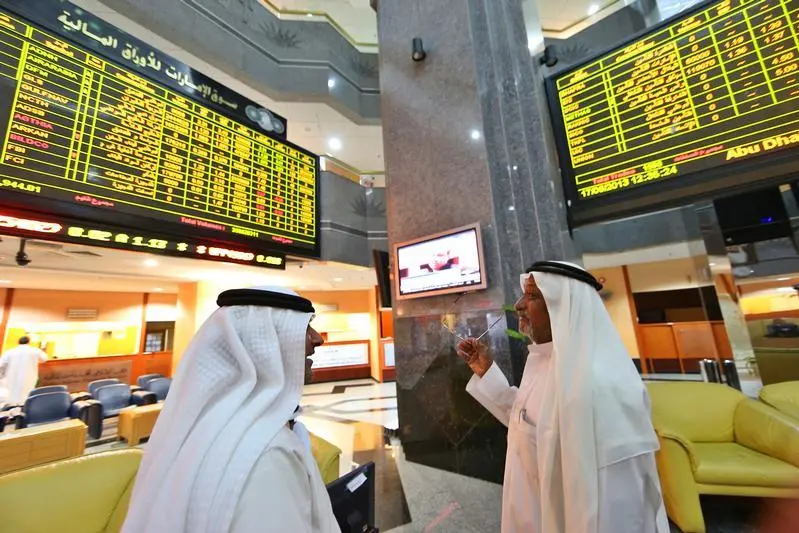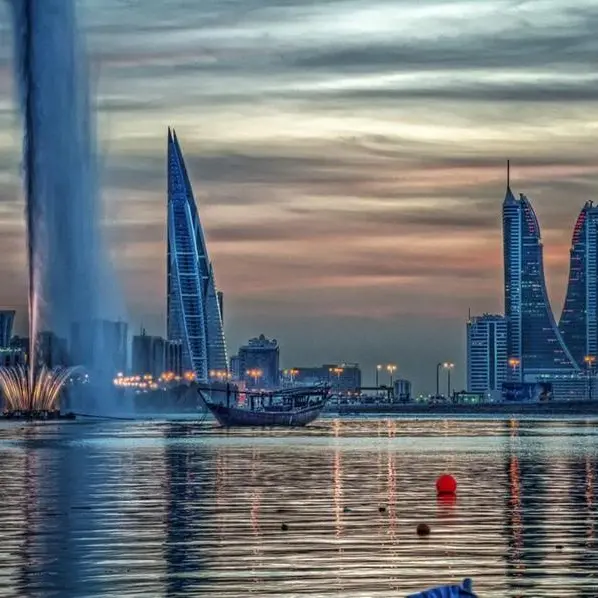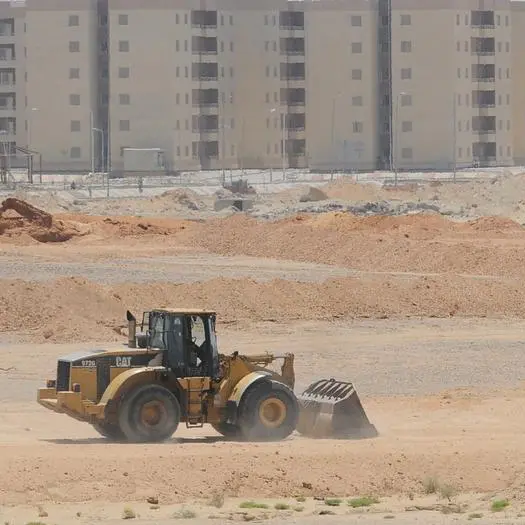PHOTO
Most stock markets in the Gulf ended higher on Monday, with crude prices holding on to recent gains as supply disruptions in Kazakhstan and Libya offset worries stemming from the rapid global rise in Omicron infections.
Saudi Arabia's benchmark index advanced 0.9%, boosted by a 1.5% rise in Al Rajhi Bank and a 4.6% jump in Saudi British Bank.
Oil prices, a key catalyst for the Gulf's financial markets, eased but held on to recent gains, having climbed 5% last week.
However, Saudi Enaya Cooperative Insurance Company slid 6.4% after its shareholders rejected an offer to merge the company with Amana Cooperative Insurance Company.
Shares of Amana fell 6.1%.
Dubai's main share index added 0.3%, supported by a 14.3% surge in Amlak Finance .
The Central Bank of the United Arab Emirates said it expects the UAE economy to grow 4.2% in 2022, accelerating from last year's 2.1% growth.
The Qatari index ended 0.4% higher, with petrochemical maker Industries Qatar gaining 0.6%.
The Gulf markets have seen their main indices going up mostly thanks to strong oil prices, said Wael Makarem, senior market strategist at Exness.
"However, they remain exposed to some pressures deriving from the concerns around the spread of omicron in the region," added Makarem.
In Abu Dhabi, the index retreated 1%, extending losses for a fifth session, hit by a 2.5% fall in telecoms giant Etisalat.
Outside the Gulf, Egypt's blue-chip index gained 0.4%, with investment bank EFG Hermes advancing 2.9%.
Egypt's central bank said on Monday it had approved a set of rules under which it would be able to provide emergency liquidity to local lenders.
Egypt's banks are facing a deterioration in asset quality due to the economic impact of the pandemic. However, the economy eked out growth in 2020 and 2021, with the help of government support packages for the hardest-hit sectors.
(Reporting by Ateeq Shariff in Bengaluru; Editing by Amy Caren Daniel) ((AteeqUr.Shariff@thomsonreuters.com; +918061822788;))





















